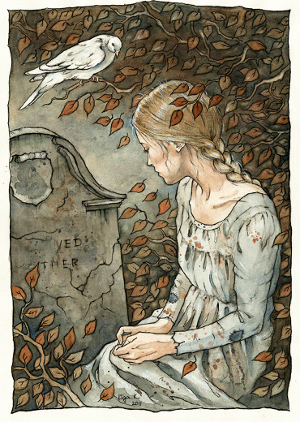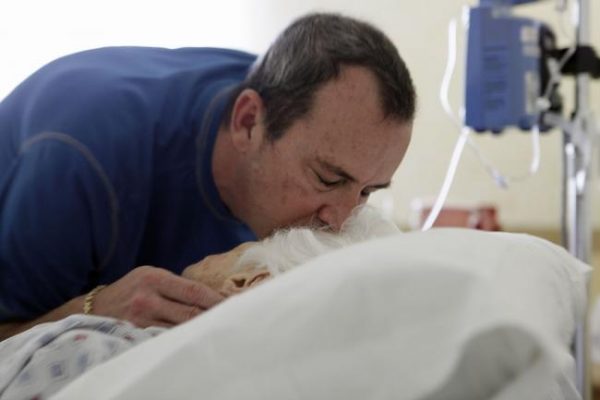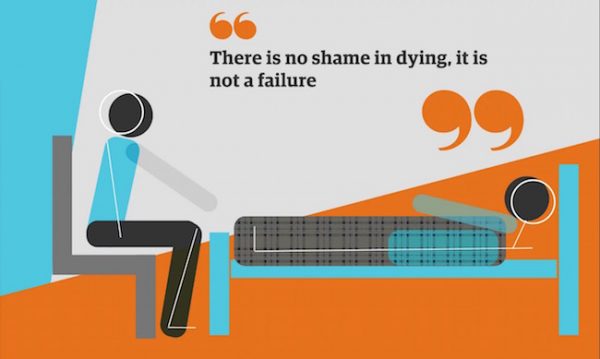By Sarah Elizabeth Troop
For many there are no brunches, no flowers, no cakes, no surprise gift planning with other family members in secret on Mother’s Day. Instead, there are those who silently endure the day in pain and mourning for many reasons – the death of a mother, the death of a child, the woman who cannot conceive although she desperately tries and time is not on her side, the mother whose child is missing – all members of a secret club no one wants to join.
You may not be aware of it, but I’m willing to bet someone you know – likely someone you care very deeply for – falls into one of these categories. So, if you are one of the lucky ones – you have a mom you can call to tell her you love her, or a child to hold instead of a grave to visit on Mother’s Day, I’m asking you to please take a moment to reach out to your friends and loved ones this Mother’s Day and help them remember.
Rosemary is an herb that has long been associated with remembrance and death. Since ancient Roman times when the herb was used in burial rites for this reason, to several accounts of funerals in England where mourners traditionally tossed bouquets of rosemary on top of coffins. In this respect, rosemary is probably best associated with Shakespeare’s Hamlet, Act 4, Scene 5; “Ophelia in her madness names plants that were known for their capacity to ease pain, particularly inwardly felt pain” [1] – “There’s rosemary, that’s for remembrance; pray, love, remember.”
As human beings we have always honored important events and occasions with food and I want to honor your losses, your memories and your feelings of grief on this day, too. Here is a tea bread, you can take to a friend or make for yourself, incorporating rosemary with apples and lemon.
Rosemary, For Remembrance Bread
(Adapted from Nigella Lawson)
Apple mixture:
- 1 large apple – Pink Lady or Fiji is what I use
- 1 small sprig plus 1 or 2 long sprigs of rosemary
- 2 teaspoons granulated or Baker’s sugar
- juice and zest of 1 lemon
- 1 tablespoon butter
Cake batter base:
- 2 sticks of softened butter
- 3/4 cup granulated sugar plus more for sprinkling over top or casting sugar if you have that
- 3 eggs
- 2 cups all-purpose flour
- 2 teaspoons baking powder
Preheat oven to 325˚F. Butter or grease a loaf pan.
Peel, core, and chop the apple and put in a saucepan with the small sprig of rosemary, the 2 teaspoons of sugar, the lemon zest and juice, and 1 tablespoon butter. Cook on low heat for approximately 10 minutes until the apple is soft. Set aside to cool, removing the rosemary sprig once the mixture has cooled.
Put the cooled apple mixture into a food processor and puree. Combine dry ingredients in a bowl. Cream together the butter, sugar and eggs. Combine the butter mixture with the dry ingredients then pour into your prepared pan and smooth the top. Sprinkle the surface with about 1-2 tablespoons of granulated or casting sugar and then lay the rosemary down along the center.
Bake the cake for 45 minutes, checking at the 35-minute mark to see how it’s going. When your cake tester comes out clean, remove from oven and cool. I refrigerated mine once it was cooled, although if you can’t wait, I’m sure it’s good warm as well!
Complete Article HERE!





